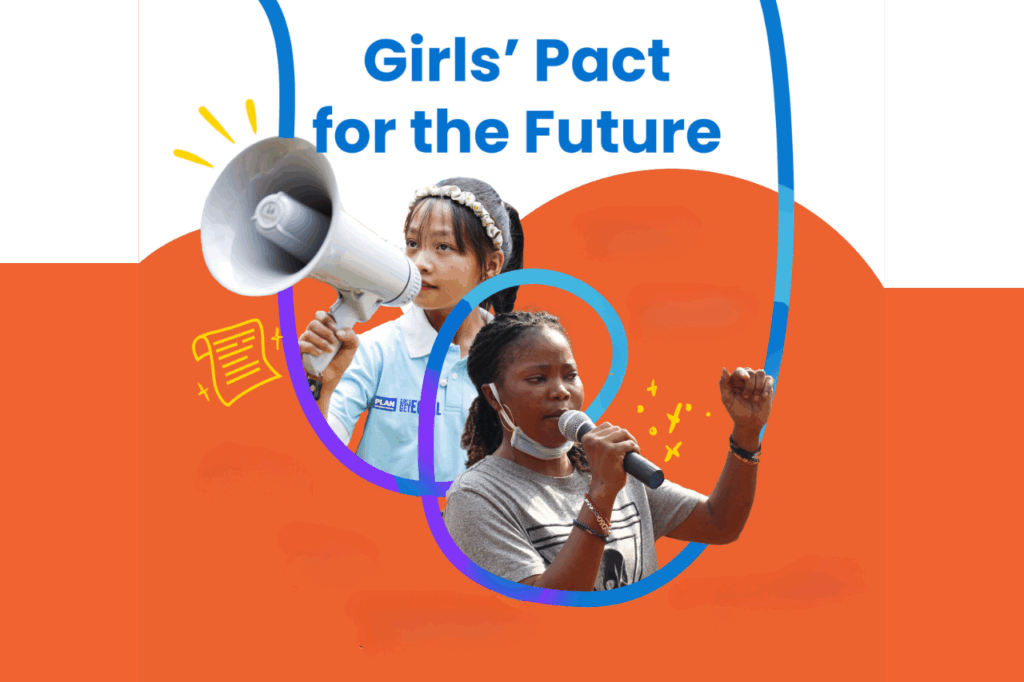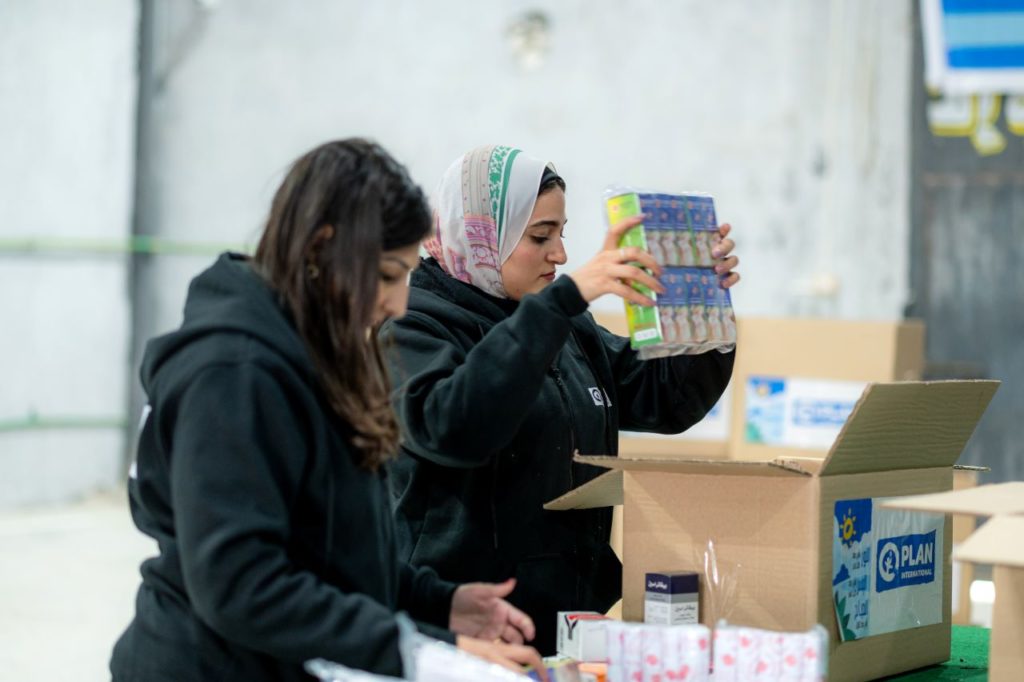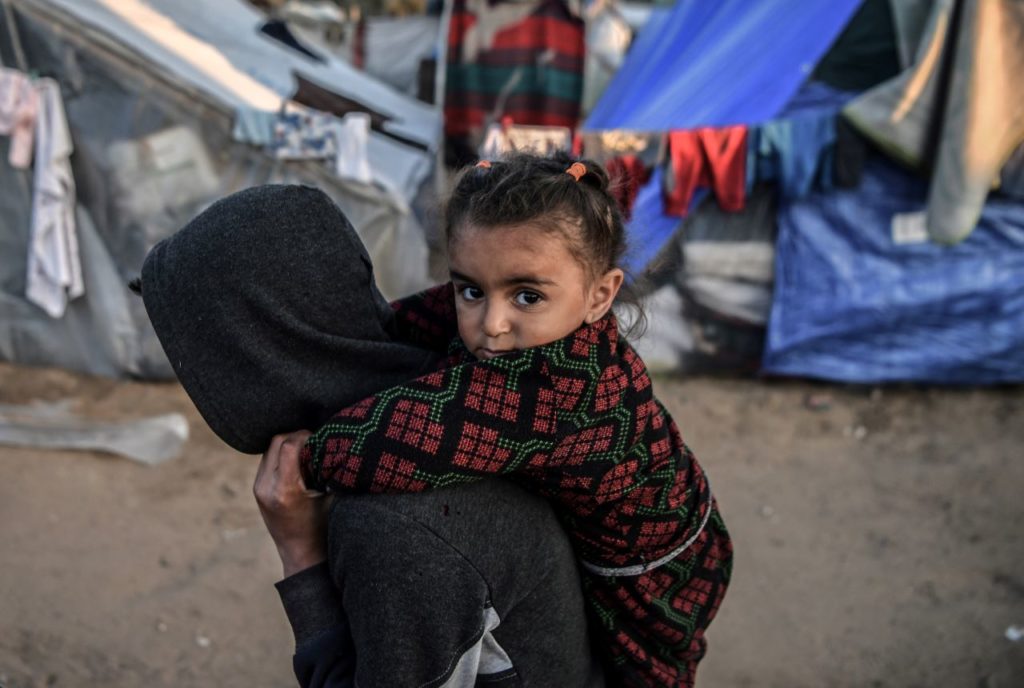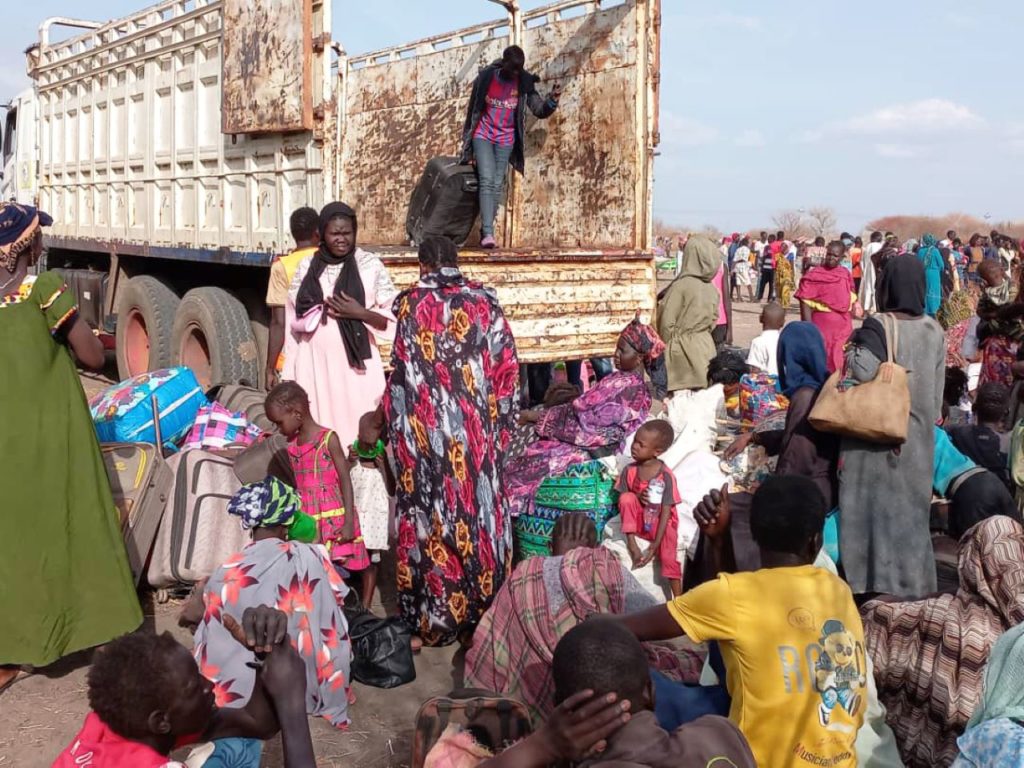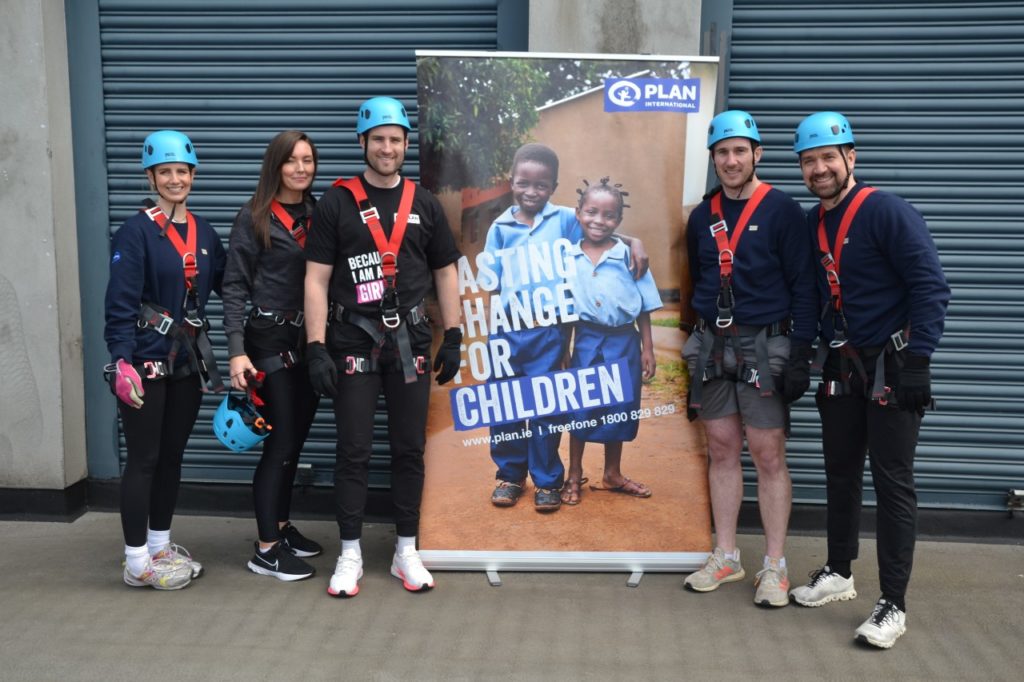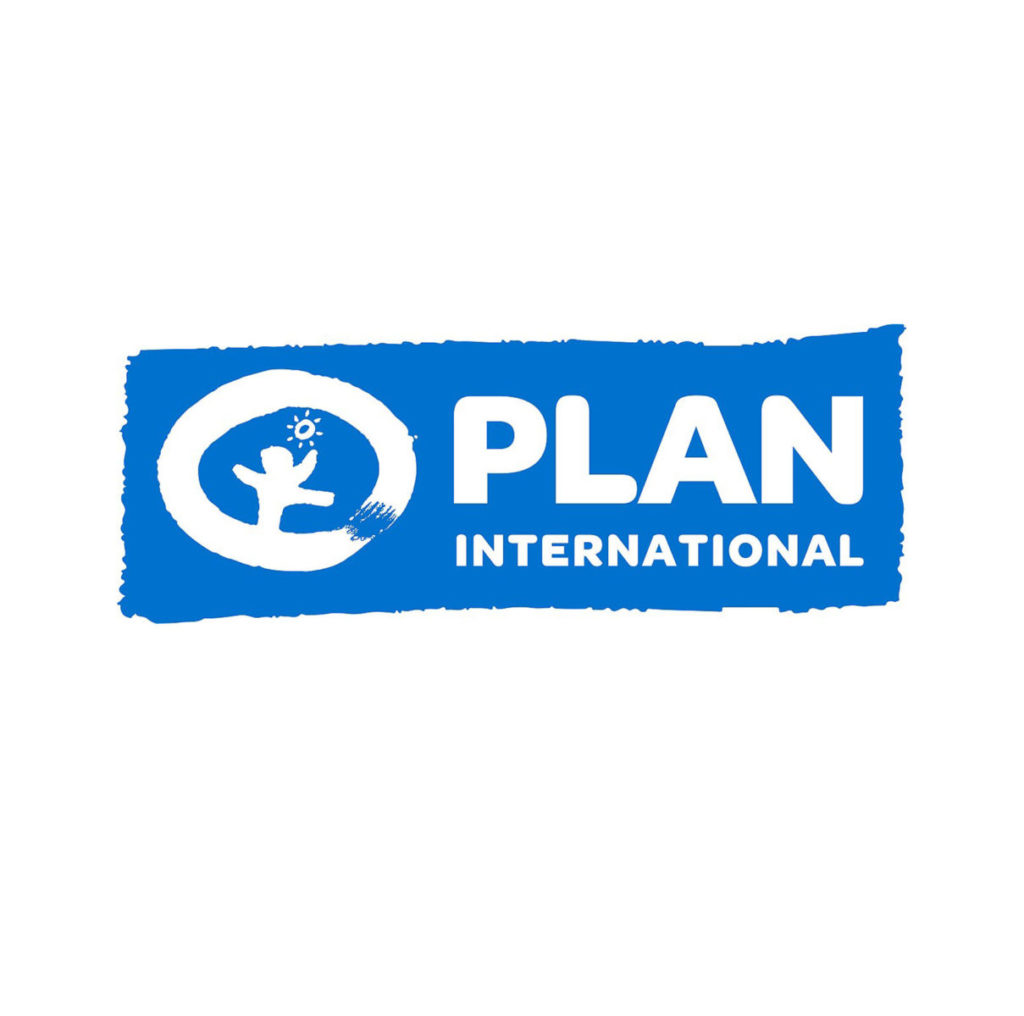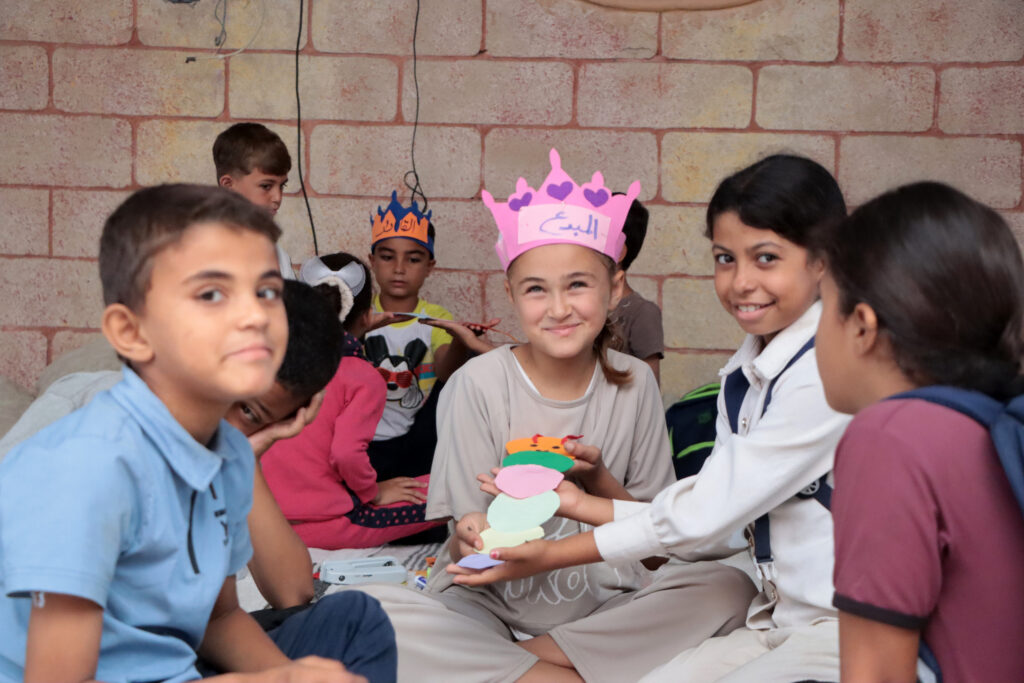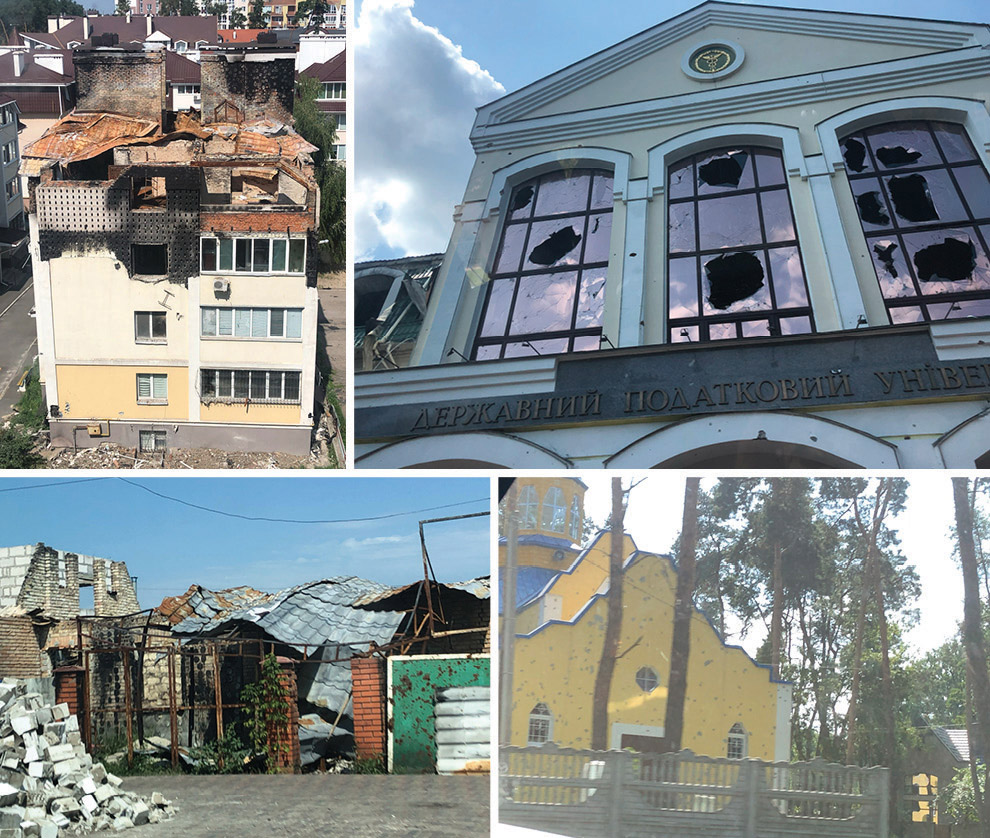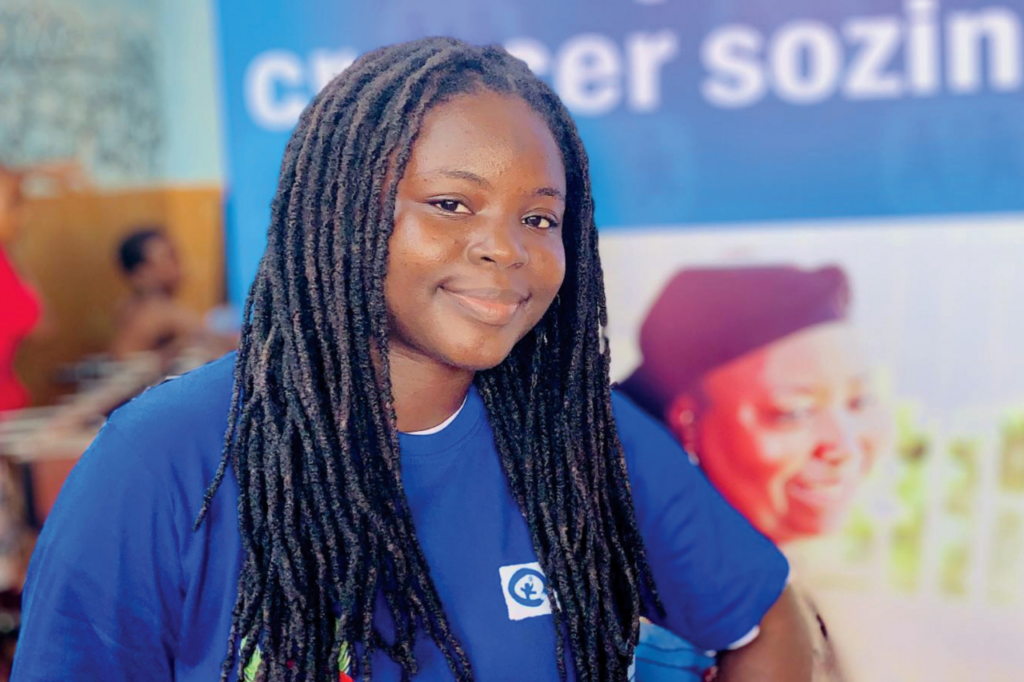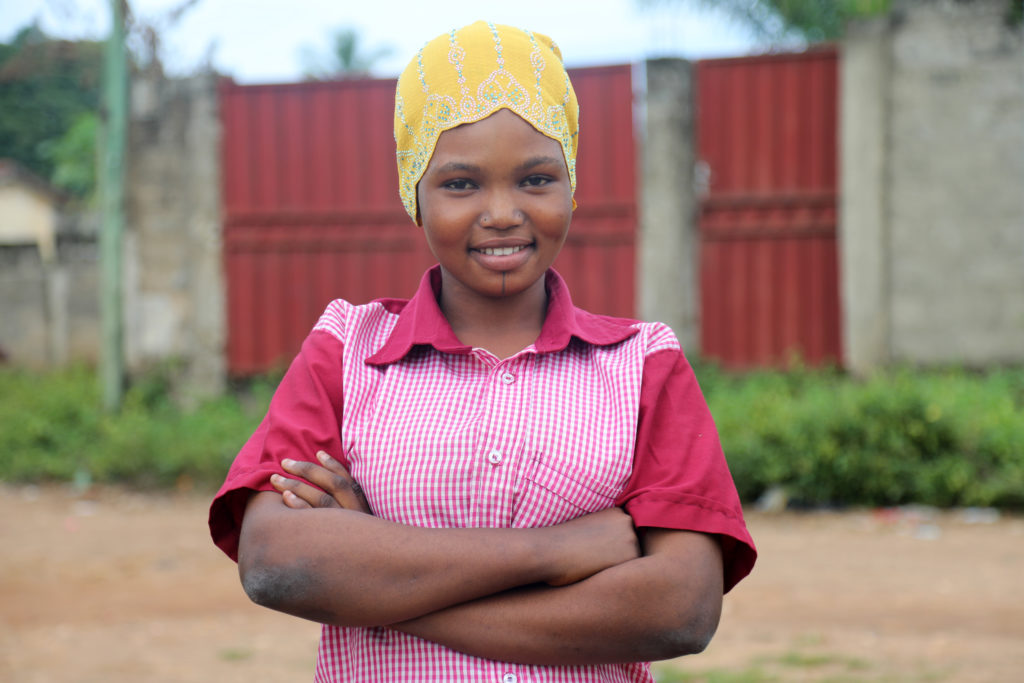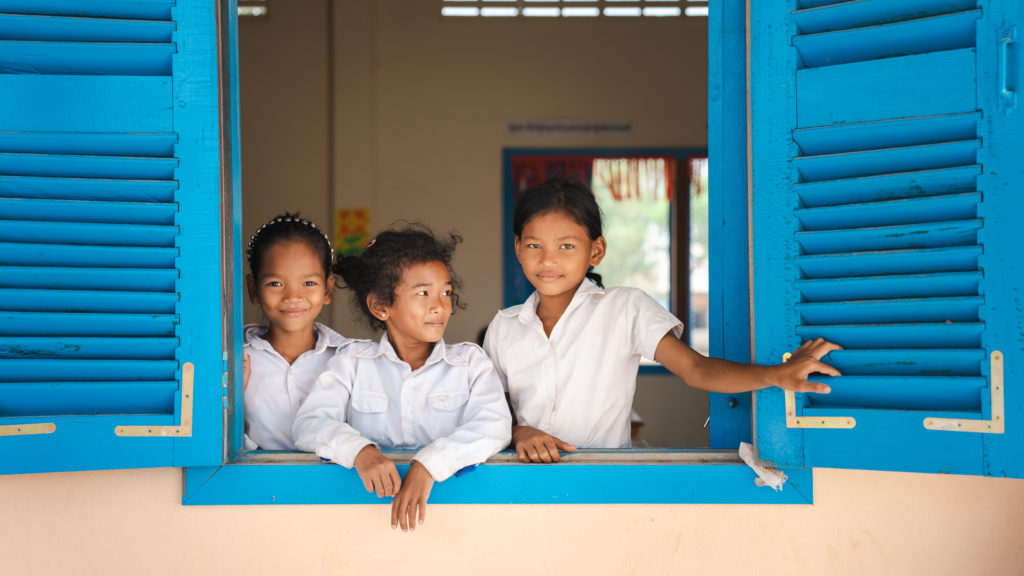Crisis and conflict in North East Nigeria have displaced millions of people. School-age children are often the worst affected, with many dropping out of school due to parents’ inability to fund their children’s education. Families who rely on subsistence farming are unable to tend to their land as they risk being abducted or killed by armed insurgents.
In North East Nigeria, 2.8 million children are in need of education-in-emergencies support in three conflict-affected States (Borno, Yobe, Adamawa), according to UNICEF. In these states, at least 802 schools remain closed and 497 classrooms are listed as destroyed, with another 1,392 damaged.
Thirteen-year-old Mziyakwa is one of the 2.8 million children forced to drop out of school or never enrolled in formal education. In 2018, when she was only nine years old, she fled with her parents and two of her siblings after insurgents attacked her village in Borno state.
Her family travelled to Maiduguri where, with the help of few relatives, they were able to find accommodation. Her parents were farmers and lost their land, the only source of livelihood for the family, so Mziyakwa’s education was interrupted.
“I have two sisters and only the eldest of us is in school,” says Mziyakwa.
In 2020, Mziyakwa decided to join her friend who attends the Accelerated Education Programme (AEP) organised by a Plan International-led consortium. The project, funded by the European Union, targets out-of-school children between ages 10 and 18 who have had their education interrupted and are too old to continue schooling at the level they stopped, and those who have never been to school and are too old to start formal education in foundation classes.
At the classes, they are taught subjects like mathematics, English language, basic science and history. The programme also provides learning kits including exercise books, pens and water bottles, and psycho-social support services for the young students.
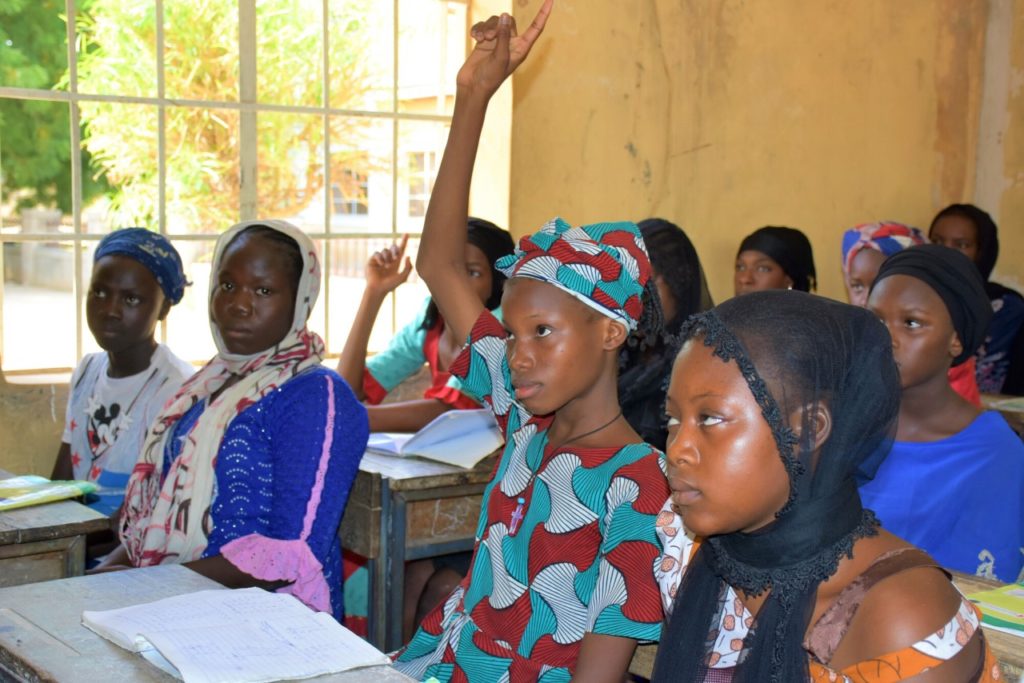
The programme is supporting 8,400 children who are out of school in North East Nigeria and also runs in neighbouring Niger.
“I left school in primary 4, but I am currently in stage 3 in the AEP class. I found it difficult to catch up initially but right now, I can read and write in English language and even speak English. It has been my dream to easily communicate in English language. Unlike my former school in the village where I was taught in the Bura language.”
Mziyakwa has improved at maths and she is helping her mother with her kunu business, selling drinks made from corn. “Sometimes when I go to visit her at her shop, I help her give the right change to her customers.”
Well known for helping younger children with their homework in her community, Mziyakwa enjoys spending time helping them and wants to become a teacher in the future.
“Aside from the homework I help children with, I also organise lessons on days we don’t have the AEP classes going on, and I am so happy to share the knowledge I gained from the programme. I really thank Plan International for supporting me, helping me achieve my dreams and make a positive impact in my community.”
